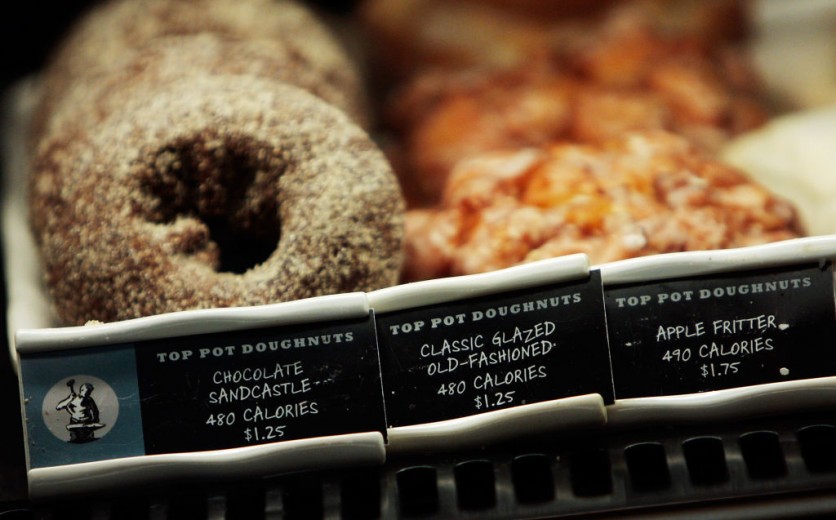A new Frontiers in Nutrition study found that eating high-fat foods in stressful situations can harm endothelial function.
The endothelium, a single layer of cells lining blood vessels, regulates blood channel constriction and relaxation and tissue fluid and chemical transport. Endothelial dysfunction increases the risk of heart disease, blocked arteries, and hypertension.
Research shows that healthy young people's endothelium function temporarily declines 15 to 90 minutes after a stressful incident, as reported by Healthline. Stress causes people to overeat fatty and sugary meals, worsening blood vessel damage and perhaps endothelial dysfunction.

Consuming High-Fat Foods Endangers Physical and Mental Health
A study of 21 healthy, gender-balanced volunteers examined this stress-fat consumption connection. Before an eight-minute mental stress test, including faster math problem-solving, participants were given two butter croissants for breakfast.
Participants' vascular function was tested using "flow-mediated dilatation" to estimate arm artery blood flow. The research found that fatty meals under stress reduced vascular function by 1.74%, whereas a low-fat meal reduced it by 1.18%. Studies show that even a 1% function loss increases cardiovascular disease risk by 13%.
Researchers found that high-fat lunch eaters' vascular function declined for up to 90 minutes after the stressful arithmetic exam. A news statement said the high-fat dinner reduced oxygenation in the pre-frontal brain, which controls higher-level cognitive activities. High-fat eaters had 39% less oxygenated hemoglobin than low-fat eaters.
Notably, Time reported a separate study suggesting that a high-fat diet may affect the gut flora, increasing mental disease risk. Louisiana State University observed that transplanting the gut microbiota from high-fat-fed animals to non-obese mice caused anxiety and memory problems.
Eat More Vegetables, Fruits
Robert Iafelice, a medical reviewer at SET FOR SET, noted that stress often triggers unhealthy eating habits, with cortisol, the stress hormone, linked to an increased appetite for calorie-dense foods. These high-energy meals may have been advantageous in prehistoric settings involving physical danger, but they may cause belly fat, a component of metabolic syndrome when dealing with mental or emotional stress.
For vascular health, Costa recommended plant-based diets rich in bioactive compounds such as fruits, vegetables, whole grains, and legumes. These foods include antioxidants and polyphenols that decrease inflammation and widen blood vessels.
In a report from The New York Times, Dr. Felice Jacka, president of the International Society for Nutritional Psychiatry Research and director of Deakin University's Food & Mood Center, noted that mental health is complex. She advises, while consuming a salad will not remedy depression, "But there's a lot you can do to lift your mood and improve your mental health, and it can be as simple as increasing your intake of plants and healthy foods."
Moreover, experts agree that healthy fats like omega-3 fatty acids from cold-water fish, algal oil, nuts, and seeds may protect the vascular system. Fermented meals and supplementation with probiotics may increase gut microbial diversity, which improves endothelial function.
Read also: : Eli Lilly's Weight-Loss Drug Users Regain Over 20 Pounds After Discontinuation, Study Reveals

ⓒ 2025 TECHTIMES.com All rights reserved. Do not reproduce without permission.

![Best iPads that Students Can Use in School [2025]](https://d.techtimes.com/en/full/461431/best-ipads-that-students-can-use-school-2025.jpg?w=184&h=103&f=516289300e12e9647ef3d5bd69f49b70)


